BuySellBA
Administrator
Housing deficit: What are the incoming government's plans to address the housing shortage?
December 10, 2023
The challenges for the new government given the impossibility of promoting mortgage credit early, the future of Procrear without public spending and the rental crisis
By José Luis Cieri
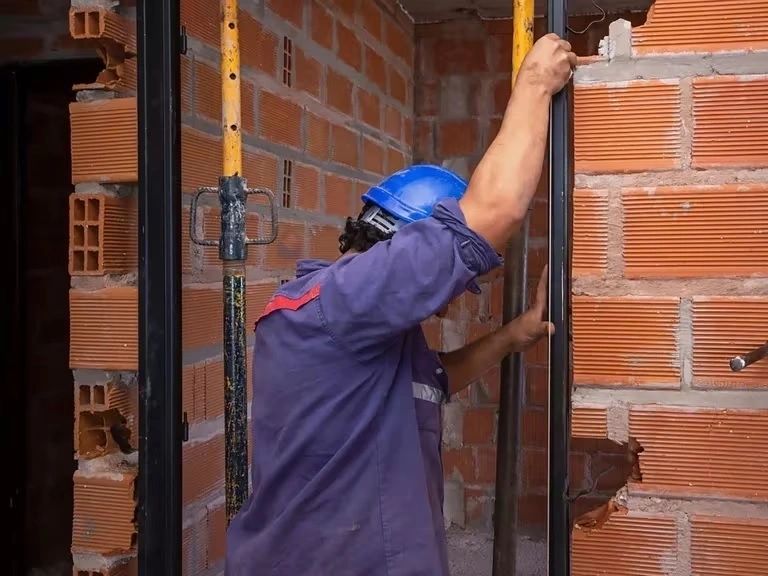
The construction of housing will be an axis to be taken into account by the new national Government. Receives an old demand to attack the deep housing deficit that has worsened in recent times
With the assumption of Javier Milei as President of the Nation this Sunday, a new panorama opens for the construction sector in general, and for the housing market in particular, due to the recurring housing crisis.
The situation covers various sectors, from those looking to expand, remodel or acquire a new property, to those who face the urgency of renting, with values that experienced an increase of 203% year-on-year.
In its firm commitment to reduce public spending and the presence of the State, it was decided to eliminate the Ministry of Territorial Development and Habitat, which will be replaced by a secretariat. This portfolio will be attached to the new Ministry of Infrastructure, headed by Guillermo Ferraro.
According to reports from prominent organizations such as the Center for the Implementation of Public Policies for Equity and Growth (Cippec), the Civil Association for Equality and Justice (ACIJ), and Techo Argentina, the current table is summarized in: 1 in 3 households lack adequate housing; The housing deficit amounts to almost 4 million homes, distributed between 1.3 million families who need a new home and 2.6 million who need expansion and/or improvements in their current homes.
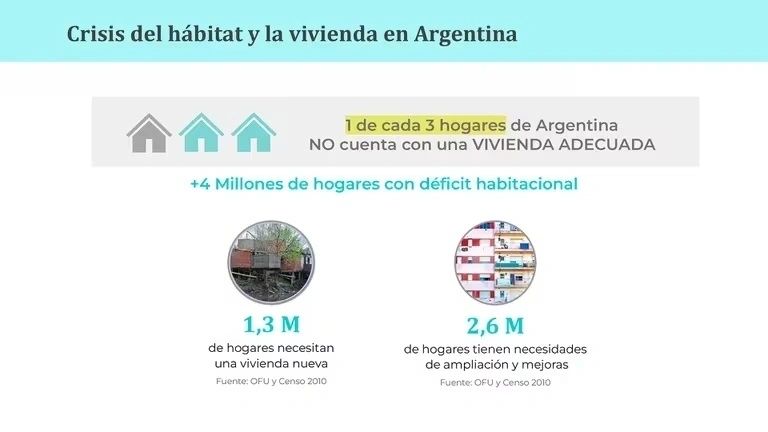
Source: Center for the Implementation of Public Policies for Equity and Growth (Cippec), the Civil Association for Equality and Justice (ACIJ), and TECHO Argentina
What is expected
It is expected that the government plan will seek to address the critical housing situation raised. One of its goals is to benefit at least 3,000,000 families, allowing them to build, expand, repair or provide basic services to their homes. More than 10,000 neighborhoods need improvements to their infrastructure, and the repair of more than 200,000 multifamily buildings is proposed.A central point of the proposal is the elimination of state financing for new housing construction.
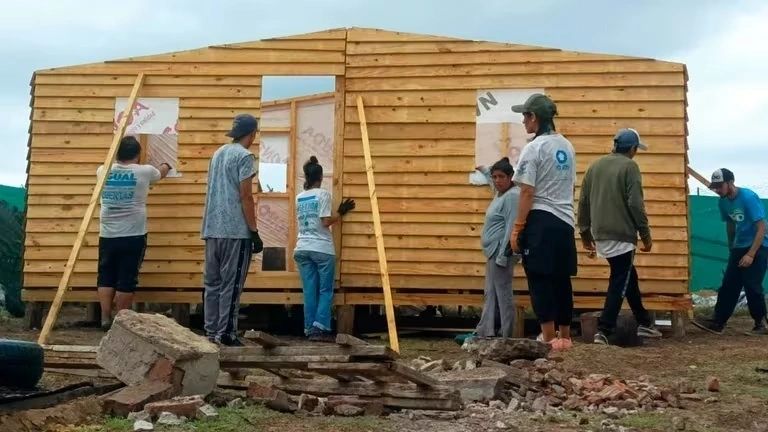
More than 10,000 neighborhoods need improvements in their infrastructure and access to basic services
Procrear would remain an exclusive program, but it will no longer be financed with public funds, but instead will rely on the participation of the private sector . The goal is to transform current savings, currently retained by the Central Bank, into loans for 3,000,0000 families. This approach seeks to solve the housing problem without resorting to public spending within a period of four to six years.
The financing, provided by the banks “after disarming the Leliq bomb” and establishing conditions of legal security, will be allocated to particular projects.
The strategy involves transforming public works into private projects, thus generating a virtuous circuit that boosts employment. Experts on the subject highlight that, in addition to traditional construction, dry construction systems, such as steel frame, steel, paneling, wood frame, wood, and plastic bricks, among others, are currently playing a crucial role, promoting more of 30,000 homes throughout the country.
Representatives of construction, real estate and union sector chambers have held frequent conversations with libertarian leaders, expressing the importance of maintaining public works in the provinces and municipalities, since they consider this activity to be vital for the regional economy.
The incoming administration receives more than 100,000 works and 10,678 lots with services ready to build. In addition to 17,000 turnkey homes in Procrear II urban developments
La Libertad Avanza's housing policy will seek to reduce inflation and increase economic activity. The proposal covers private construction in various locations, the provision of services and infrastructure, and the provision of documentation in popular neighborhoods for 1,000,000 families currently deprived.
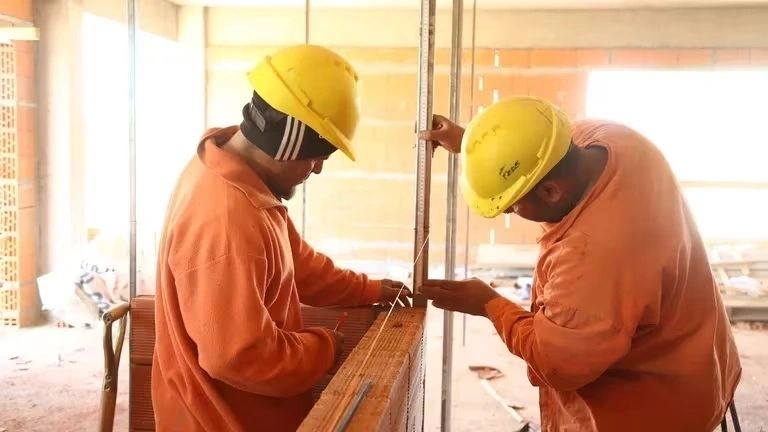
Procrear II will continue but with private funds no longer financed by State spending
In addition, the aim is to urbanize, provide services and improve living conditions in 10,000 disadvantaged neighborhoods, promoting housing dignity.
The libertarian plan has as its goal the construction of private works with an estimated investment of 53,000 million dollars. This approach implies less than 2% of GDP annually allocated to loans between individuals, without subsidies or state budget participation, thus addressing the social crisis in a comprehensive manner.
Locations
Javier Milei will seek to repeal the current Rental Law , proposing two-year contracts with free adjustments agreed between owners and tenants through real estate agencies (similar to how they were done under the Civil and Commercial Code of 2015).Although the initiative generated support among owners and real estate agencies, it faces resistance from tenant groups. The controversy lies in the possible need to return to Congress to modify the law passed in 2020. Since its implementation, the rental offer fell more than 75% in one year in CABA and more than 40% in cities such as Rosario, Córdoba, Mendoza, Neuquén, San Miguel de Tucumán and Mar del Plata.
In this scenario, getting housing to rent in pesos is an odyssey, with informality growing in direct agreements between owners and tenants.
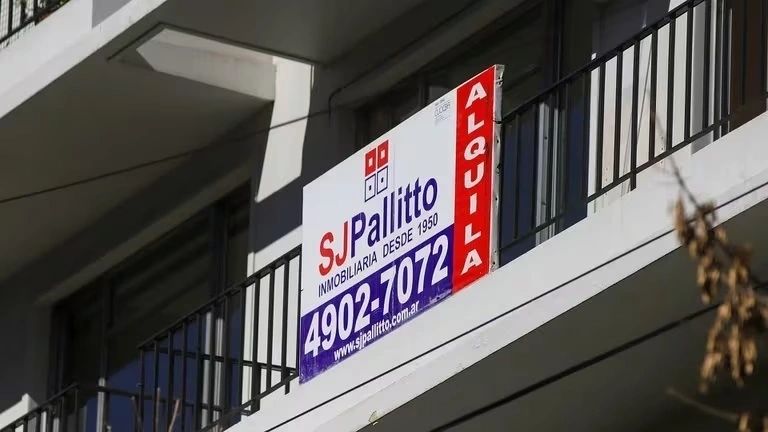
Finding signs to rent is a complex mission. Throughout the country the supply is collapsed and at unprecedented historical levels
The possibility of modifying the Rental Law would require compliance with legislative deadlines, unless extraordinary sessions are opted for. The final decision is pending and will be defined in the coming days or weeks.
Mortgage credits
Nowadays, obtaining a mortgage loan to purchase your own home has become an extremely difficult task. Opportunities are scarce, and most banks do not offer the option to finance the purchase of a home.Even a couple or marriage with a monthly income of $2,000,000 faces insurmountable obstacles. Even if they have this purchasing power, the monthly payments, which range between 30% and 35%, would represent monthly disbursements of between $600,000 and $700,000, still preventing access to the desired property.
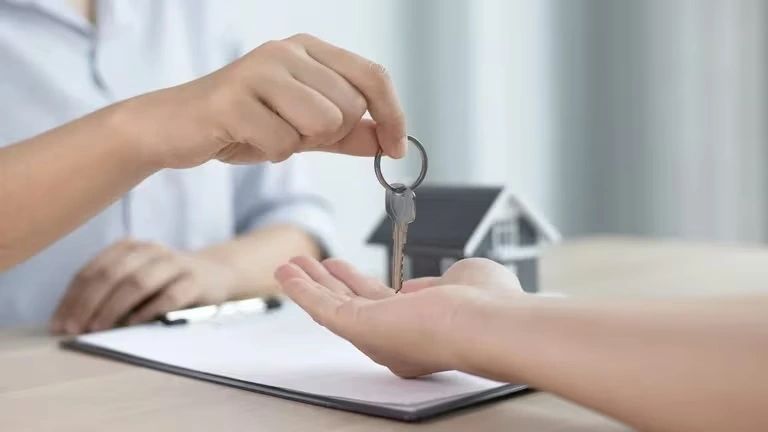
The return of sustainable mortgage credit would be an ideal mechanism to unblock the problem of access to one's own home
In the near future, the possibility of resuming mortgage loans could be considered when the economy achieves normalization and there are growth prospects. However, it is proposed that these credits would not be linked to inflation, like the UVA, but rather subject to adjustments by the Salary Variation Coefficient.
It should be noted that a project presented by the Housing Board (made up of the Business Chamber of Urban Developers, among others), made up of various chambers, is still pending in the National Congress, which was never subjected to treatment.
The possibility of resuming mortgage loans could be considered when the economy achieves normalization and there are growth prospects.
Currently, nearly 100,000 individuals and families continue to pay UVA loans acquired during the government of Mauricio Macri, mainly between 2016 and 2018. These debtors face monthly installments that fluctuate between $200,000 and $400,000, and for some time they have been expressing their claims.
The outgoing president Alberto Fernández did not take measures to reverse this problem, and Javier Milei, after winning the runoff, stated in television statements that he will not intervene to help these debtors, arguing that it is a personal responsibility and that they could have opted for other types of credit.
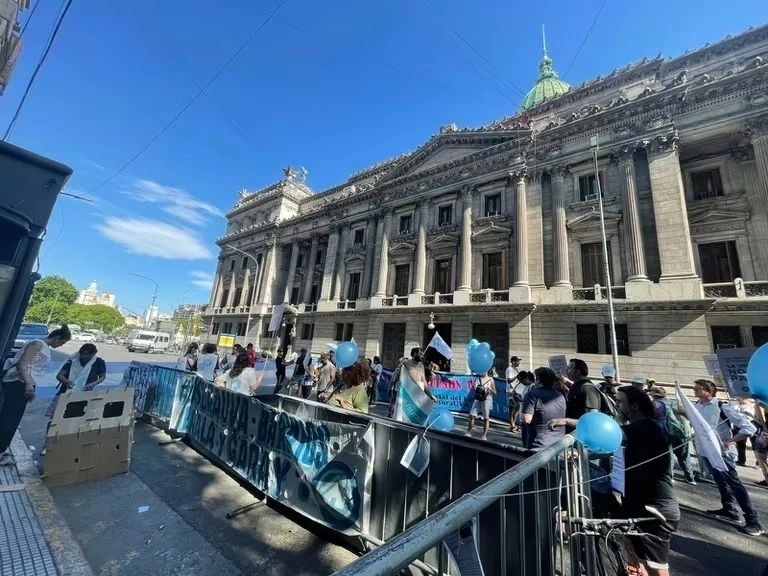
The intention of the UVA Mortgages is not to return to Congress to pursue their claim. They will appeal to lawsuits if there is no other proposal that comes from the national government
Paola Gutiérrez, from the Hipotecados UVA collective, expressed to Infobae her anguish over the situation described and highlighted that many are in danger of losing their homes and dreams, unable to face payments that generate a severe impact on their finances. “Given the lack of hope in the Government and Congress, an increase in judicial, precautionary and protection claims is anticipated to prevent our homes from being auctioned off.”
On the horizon, the only hope is that the government that takes office on December 10 manages to drastically reduce inflation. In less than 10 months, the decline in this economic decoupling could have a less pronounced impact on quotas, preventing them from rising as strongly, although the certainty in this regard is uncertain. Javier Milei expressed on several occasions that inflation could decrease in a period of 18 to 24 months.
www.buysellba.com

